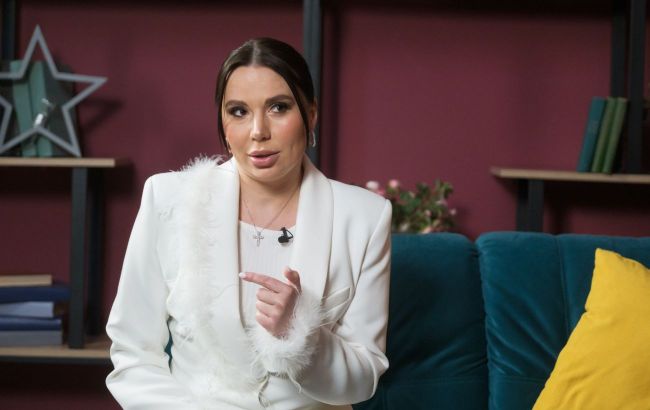Think you need 8 hours of sleep? Ukrainian sleep expert says it depends
 How much sleep do you really need (photo: Vitalii Nosach / RBC-Ukraine)
How much sleep do you really need (photo: Vitalii Nosach / RBC-Ukraine)
There is a common belief that a person needs to sleep 7–9 hours a day. However, Ukrainian sleep specialist Daria Pylypenko states in a conversation with RBC-Ukraine that this recommendation is not universal.
Standard norm isn't for everyone
"In 2015, the US National Sleep Foundation published updated recommendations on sleep duration. They concluded that for the average person, the optimal sleep duration is between 7 and 9 hours. However, there is also an acceptable range – 6 to 10 hours," the expert explains.
According to her, sleep duration is largely determined by genetics. It depends on the interplay of many genes and their lengths.
"There are short sleepers, long sleepers, and even people with gene mutations who function normally after just four hours of sleep," adds Daria.
However, such cases are exceptions. Physically, a person may survive on six hours of sleep, but that doesn’t mean they are fully recovering.
Minimum threshold is 6 hours
Scientists experimented on a transatlantic sailing race. Participants needed excellent coordination, decision-making abilities, and physical endurance. They were allowed to sleep six hours, and all reached the finish line.
Research showed that six hours is the critical minimum at which the body’s basic functionality is preserved. Less than that leads to decreased cognitive ability, weakened immunity, and increased risk of chronic illnesses.
"Data is showing that with six hours of sleep, the risk of hypertension, type 2 diabetes, and obesity increases. In an experiment with the rhinovirus, the group that slept six hours had a 30% higher illness rate," Pylypenko says.
Why knowing your chronotype matters
Equally important as duration is the timing of falling asleep.
"Each of us has biological 'sleep gates' – a time window when it’s best to go to bed. This depends on circadian rhythm, light exposure, and wake-up time," notes the sleep specialist.
There are larks, owls, and intermediate chronotypes, and each type has different ideal sleep times. For example, owls often feel their peak of activity late in the evening rather than in the morning, as the social schedule expects.
"Our inner clock doesn’t follow the actual time of day, but it does respond to external factors – primarily light. That’s why it’s better to observe yourself rather than rely on general advice," the expert concludes.
Read also what food can help you fall asleep easily.
This material is for informational purposes only and should not be used for medical diagnosis or self-treatment. Our goal is to provide readers with accurate information about symptoms, causes, and methods of detecting diseases. RBС-Ukraine is not responsible for any diagnoses that readers may make based on materials from the resource. We do not recommend self-treatment and advise consulting a doctor in case of any health concerns.

